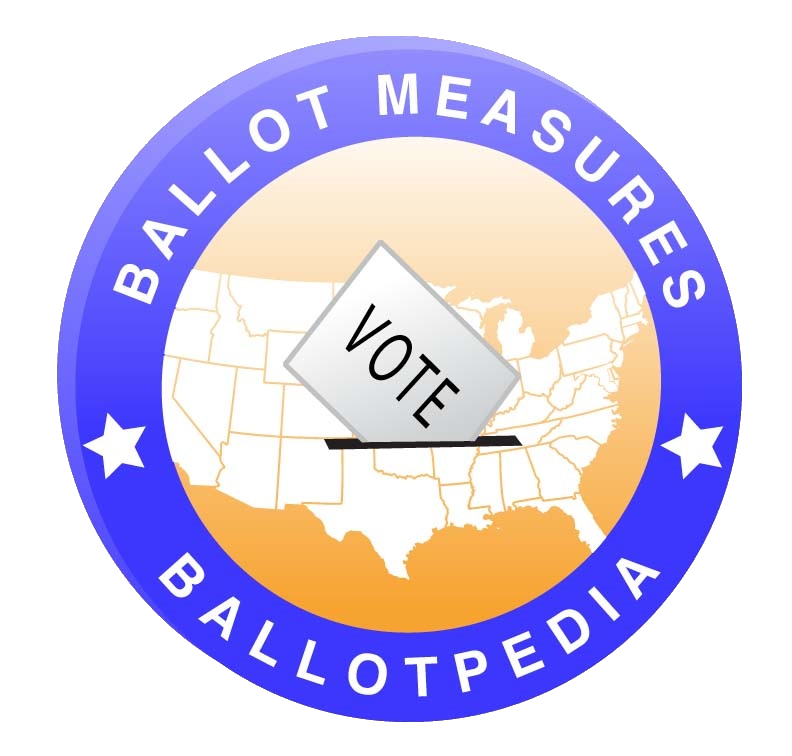Laws governing ballot measures in Massachusetts
This page provides an overview of resources addressing the laws and procedures that govern statewide and local ballot measures in Massachusetts, including the initiative and referendum process, constitutional amendments, signature requirements, recall procedures, and campaign finance regulations.
- Types of ballot measures in Massachusetts
- Laws governing the initiative process in Massachusetts
- Amending the Massachusetts Constitution
- Laws governing local ballot measures in Massachusetts
- Signature requirements for ballot measures in Massachusetts
- Laws governing recall in Massachusetts
- Laws governing state constitutional conventions in Massachusetts
- Campaign finance requirements for Massachusetts ballot measures
- Changes to laws governing ballot measures in Massachusetts
Laws governing ballot measures in Massachusetts
Types of ballot measures in Massachusetts
- Massachusetts has three types of citizen-initiated ballot measures: indirect initiated constitutional amendments, indirect initiated state statutes, and veto referendums.
- In Massachusetts, the legislature can refer constitutional amendments and advisory questions to the ballot.
Laws governing the initiative process in Massachusetts
- In Massachusetts, citizens have the power to indirectly initiate state statutes or constitutional amendments, as well as the power to repeal legislation through veto referendums.
- Massachusetts adopted the initiative and referendum process in 1918, with voter approval of Question 1.
- From 1910 to 2024, voters decided 116 citizen-initiated ballot measures in Massachusetts.
Amending the Massachusetts Constitution
- Massachusetts became a state in 1778. The first and current state constitution was ratified in 1780.
- The Massachusetts Constitution can be amended in three ways:
- Legislatively referred constitutional amendment: The state legislature can place constitutional amendments on the ballot with a majority vote from both houses of the legislature in two successive joint legislative sessions.
- Initiated constitutional amendment: Citizens can initiate constitutional amendments in Massachusetts.
- Convention-referred constitutional amendment: A state constitutional convention can vote to refer constitutional changes to the ballot.
Laws governing local ballot measures in Massachusetts
- Article LXXXIX of the Massachusetts Constitution provides for an initiative process for the revision and adoption of home rule charters.
Signature requirements for ballot measures in Massachusetts
- In Massachusetts, the number of signatures required for ballot initiatives is tied to the number of votes cast in the preceding gubernatorial election.
- For state statutes, Massachusetts requires signatures before submitting the petition to the legislature and a second round of signatures following legislative inaction. The first round of signatures requires a number of signatures equal to 3% of the votes cast for governor. The second round of signatures requires a number of signatures equal to 0.5% of the votes cast for governor.
- An initiated constitutional amendment requires a number of signatures equal to 3% of the votes cast for governor.
- A veto referendum requires a number of signatures equal to 1.5% of the votes cast for governor. In order to suspend the law until the election, petitioners must submit signatures equal to 2% of the votes cast for governor.
- Campaigns have approximately 90 days to gather signatures for initiatives and referendums; petitions are cleared to gather signatures each August and must be submitted by the first Wednesday in December.
- For both initiatives and referendums, no more than 25% of certified signatures may be from one county.
Laws governing recall in Massachusetts
- Massachusetts allows for the recall of local officials but does not allow for the recall of state officials.
- No specific grounds are required for recall in Massachusetts. The recall of local officials in Massachusetts is governed by local charters. Because of this, recall laws regarding signature requirements and circulation time vary by locality.
Laws governing state constitutional conventions in Massachusetts
- While some constitutional conventions have been called in the state, the Massachusetts Constitution is one of eight state constitutions with no mechanism for calling a convention.
Campaign finance requirements for Massachusetts ballot measures
- PACs that support or oppose ballot measures in Massachusetts must register and report campaign finance.
Changes to laws governing ballot measures in Massachusetts
See also

- • Campaign finance
- • Endorsements
- • Polls
Footnotes



